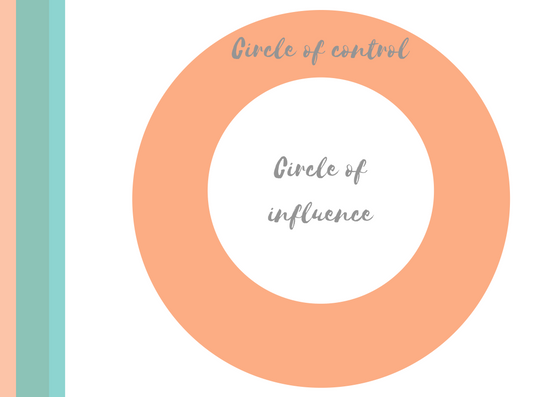“If somebody told me in 1981 that it would take 13 years to get recognised, I would have been horrified. I guess it was self-belief that kept me going all the time, because for a long time nobody else seemed to like it. But we thought we were doing something that was worth doing. So we kept doing it and hoped that the world would come round to our way of thinking.” Jarvis Cocker
Not everyone will like your music
Let’s start with the facts: music is art, and art is subjective.
That means that not everyone will like the music that you’ve painstakingly and lovingly poured your heart and soul into.
How does that make you feel?
WARNING: soul searching required from this point onward.
If you struggle with the fact that some people straight up won’t like the music you create then you’re not alone.
In all honesty, I struggle with the concept of people disliking what I write. And on occasion, this struggle severely impacts my ability to write and share good music. I find myself more concerned and preoccupied about the opinions of the people that will dislike what I write, than the people that will enjoy what I write. This can be creatively debilitating.
As an artist, there’s always the fear that people will dislike what you create (I think part of this comes from the deeply personal nature of what we do). So why do we make music in the first place? There’s an interesting article on The Conversation about the universal purpose of music. But of course there are also some reasons much closer to home that drive us to create and share music.
Soul search 1: Why do you write?
It’s important to know what drives you to create music, because that’s your motivation, your reason, your difference, what makes it worth the risk.
Is it legacy driving you? Recognition? Fame? Changing our culture? Therapy? Doing something different? Sending a message? Affecting hearts and minds? The joy of creation?
Spend some time reflecting on this, to really understand why you write. Once you know your own personal purpose for writing, you can come back to this purpose whenever you feel uncertain, unsure or overwhelmed… Whenever you receive a criticism or bad review online and feel like giving up or changing… Having a clear vision and sticking with it will give you the confidence to know that you’re on the right path, even when things aren’t going so well.
The golden rules
When it comes to writing a good song, there are a couple of widely used ‘golden rules’ that I’ve come across many times. I’m sure you have too:
- If a song genuinely expresses your feelings, then it’s a good song. It doesn’t matter what anyone else thinks.
- If a song expresses your feelings AND touches other people, moves them emotionally, or gets them on the dance floor – that’s a good song with the potential to become a HIT.
It’s important to note that achieving the first golden rule requires nothing more than you being authentic to yourself and sharing openly. The second rule speaks of moving other people emotionally, but there’s nothing in here about pleasing everyone. Our need to connect can hinder our ability to express our feelings through our music… Try to keep your purpose at the forefront of your mind at all times.
Soul search 2: What can you control?
No one is denying that it can be difficult when you’re confronted with people that don’t like your music. Particularly now social media is so prevalent and we see feedback (good and bad) immediately. No matter how much time you’ve spent writing and perfecting your new song, the chances are as soon as you post it online, someone will comment to let you know they don’t like it. And really, that’s okay. Because as we said at the beginning… Music is art, and art is subjective. They’re entitled to not enjoy your music, just as you’re entitled to not enjoy the music you hear elsewhere.
Sometimes this reminder can be enough to keep you focused and moving forward. But if you’re feeling concerned or pressured to write the best song ever written for every human on the planet there’s a useful tool you can refer to.
Circles of concern and influence
In his book, the seven habits of highly effective people, Stephen Covey introduces this tool as the ‘circles of concern and influence’. The circles in the model encourage you to reflect on what you can control, and what you can influence. The practice of reflecting in this way also helps you to highlight what you CAN’T control or influence (and therefore what you need to drop).

Let’s explore this in a bit more detail using some powerful reflection questions. Think about the music you’re currently making or performing, and the fans that will listen to it, then answer the following questions honestly:
- What are your concerns?
- What can you influence?
- What is out of your control?
Just working through these questions can put you back in the driving seat. You’re in control of your own resilience, and the more you practice this type of reflective activity, the more resilient you’ll become. We’ll be adding more tools for resilience, self-belief and also managing criticism on social media shortly… Watch this space!
REMEMBER: Yes, it’s true that some people won’t like your music. But it’s also true that there are hundreds, thousands and even millions of people that will love your music. Believe in what you’re making, keep your purpose in mind, and have faith that your audience is out there… You just need to find them.
If you’ve enjoyed this article, then please share it using our social media icons. If you’re interested in chatting with us more then please get in touch.



